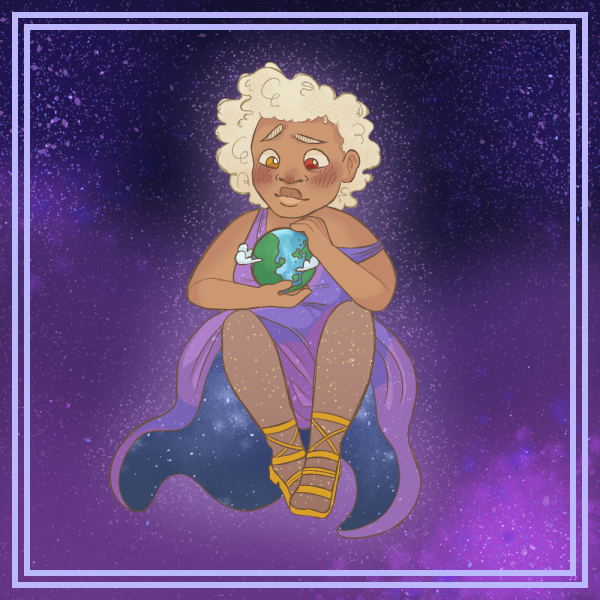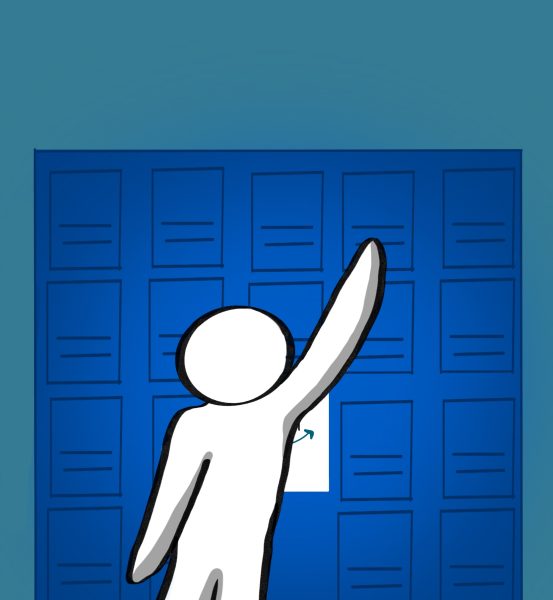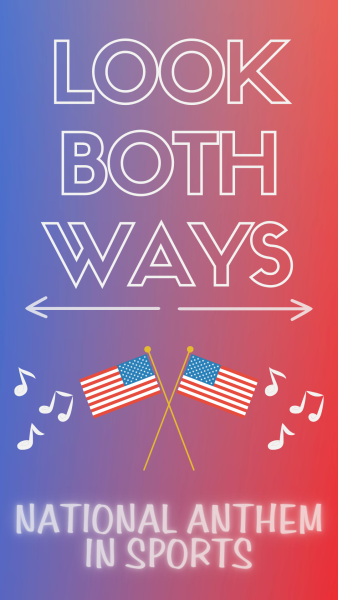Thoughts on the toil of travel
September 9, 1993
THIRTY-THOUSAND FEET OVER WYOMING. OR PERHAPS OHIO. HEADING EAST, PROBABLY—Connoissuers of oxymorons, those contradictory phrases such as “Balkan cease-fire” and “congressional deficit-reduction plan,” know that no oxymoron is purer than “family vacation.”
It is a law of family life that the amount of baggage—what armies call a logistical tail—accompanying a traveling child is inversely proportional to the child’s age. David Will, 13 months old, embarks for California the way Eisenhower embarked on Normandy in 1944, with lots of equipment.
David makes few requests, other than a steady supply of Ritz Bits, those tiny cracker sandwiches glued together by peanut butter which may require United Airlines to redecorate several 757s. David is a high-maintenance creature requiring diapers and bottles and a portable playpen and a collapsible stroller and several collapsible adults. You might think the portability of children’s stuff is a convenience. Think again.
The experience of traveling with the Will children is not like Boswell’s experience traveling with Dr. Johnson in the Hebrides. The dialogue is different. When, five summers ago, in Rome I announced that we were going to Florence for a few days, the children exclaimed in spontaneous chorus: “The hotel had better have cable.”
It has been said that the choice of vacation spots is a common disrupter of marital bliss, so what America needs is an ocean in the mountains.
Beaches are sun, sand and surf. The first causes cancer. The second sticks to every patch of skin that has been coated with the gunk that provides protection from the sun. The third, the surf, is a hostile element that mankind, or at least that portion of mankind that has actually evolved enough to hate beaches, has been trying to get away from ever since our biological antecedents emerged from the oceans.
Perhaps, said Chekhov, the universe is suspended on the tooth of some monster. While at the beach, I believe that. But this year, as usual, my reasoned objections to beaches were met by my family’s spacious yawns. Truth be told, I am glad, because the sight of a 24-pound boy meeting the Pacific Ocean was worth the trip. David had been more or less walking for more than a week. Thigh-deep, meaning nine inches, into the surf, his confident body language proclaimed to the Pacific: “It is a question of who’s boss!” He learned.
For him in the surf, travel was the travel used to be for most people, arduous and tinged with the thrill of danger. Historian Daniel Boorstin notes that the old English noun “travel,” meaning journey, comes from the “travail,” meaning “trouble” or “work” or “torment.” And the word “travail” seems to have been derived, through French, from the Latin word “trepalium,” which meant a three-staked instrument of torture. To journey, or “travail,” or later “travel,” meant to do something strenuous.
Thirteen years and two children ago I knew this. However, there is this to be said for vacations: They rob winter of its sting. Someone shoveling snow is consoled by the thought that things could be worse. He could be at a beach. Of course vacations enable parents and children to get to know each other better, but time heals such wounds.
Next summer is still far over the horizon, but it is never too soon to begin summoning up the stoicism that vacations require and that Robert Frost distilled into six words: The best way out is through.













